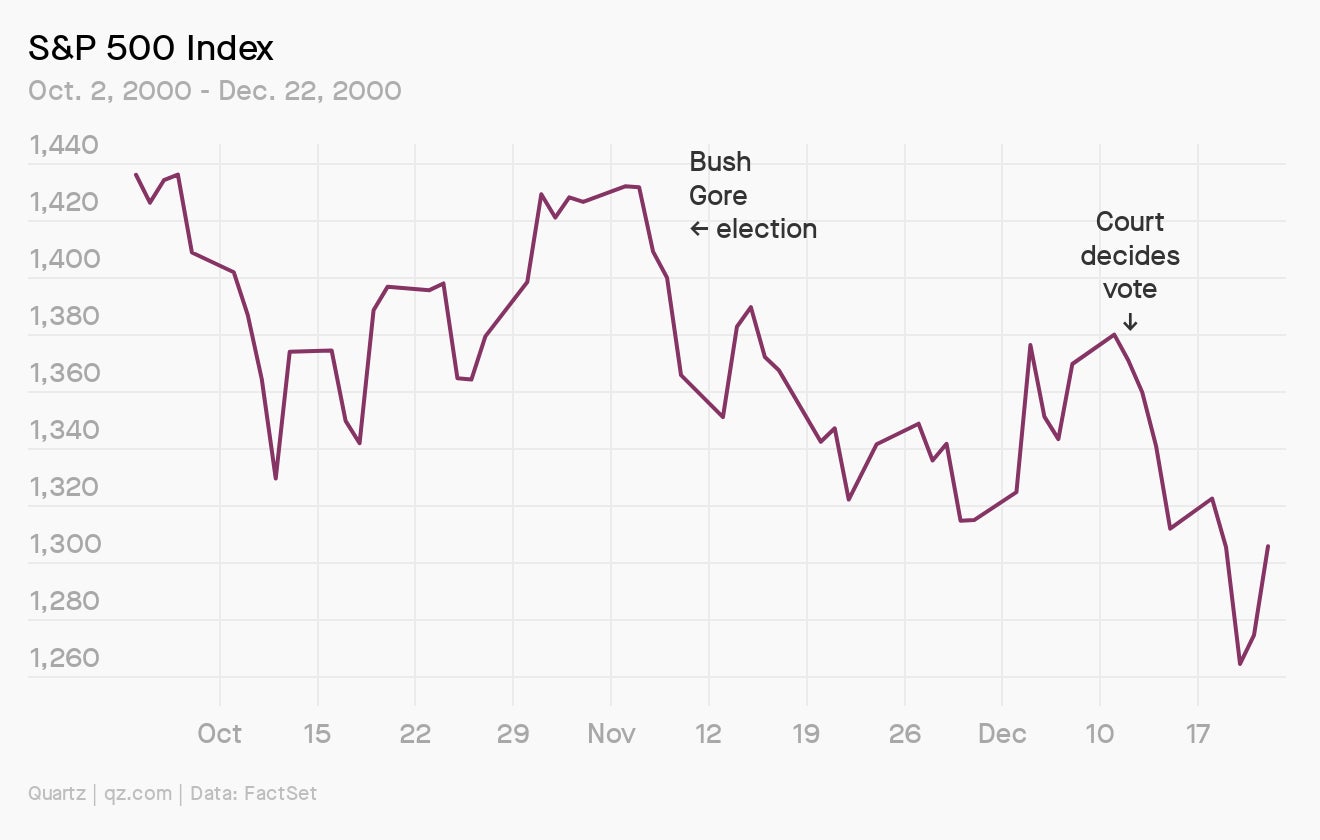TikTok’s fate, borderless teams, complicated planes
Good morning, Quartz readers!

Good morning, Quartz readers!
Here’s what you need to know
TikTok’s fate in the US hangs on a judge’s decision. Lawyers for the Chinese viral video app were still waiting late on Sunday afternoon in the US to find out if a ban on new downloads would go into effect at midnight. After a morning hearing, US district court judge Carl Nichols said he would decide whether government concerns about national security warranted TikTok’s removal from Google and Apple’s mobile app stores.
SMIC gets smacked. The US government is restricting exports to the Chinese chipmaker, over concerns that equipment from its suppliers could be used for military purposes. Some of Semiconductor Manufacturing International Corp.’s suppliers will now have to apply for additional export licenses, according to Reuters, which viewed a letter from the US Commerce Department laying out the details. SMIC says it has no ties to the Chinese military.
Japan will spend ¥15 billion ($142 million) to subsidize teleworking in remote areas. The government plans to support rural municipalities by covering up to 75% of expenses for things like setting up satellite offices or co-working spaces. The government also has a subsidy program that provides up to ¥1 million ($9,500) to people who have moved and/or found work outside of central Tokyo.
US president Donald Trump names his Supreme Court nominee. US Circuit Court of Appeals judge Amy Cohen Barrett, a former clerk for the late SCOTUS justice Antonin Scalia, has three years of experience on the bench and a conservative track record on abortion, gay rights, and the Affordable Care Act. The nomination conflicts with late justice Ruth Bader Ginsburg’s “most fervent wishes” that she not be replaced until a new president is installed. The head of the American Association of University Women said Barrett is “on the wrong side” of issues central to the group’s “mission of advancing gender equity.”
Investors snapped up 10 billion yuan (US $1.5 billion) worth of five mutual funds in an hour. The big draw? The funds were approved for allocations of shares in Ant Financial’s huge upcoming initial public offering. The IPO, expected to list on two exchanges simultaneously in Shanghai and Hong Kong, is aimed at raising about 48 billion yuan.
What to watch for
Monday: China allows foreign workers to return; the UK can start issuing £10,000 ($12,800) fines for ignoring orders to self-isolate; the final round of Brexit negotiations begins in Brussels. Earnings: Weibo, Diageo.
Tuesday: US president Donald Trump debates Democratic challenger Joe Biden; US consumer confidence and Brazilian consumer price inflation reports come in; Sitra’s World Circular Economy Forum begins (virtually, of course). Earnings: Carnival, Micron Technology.
Wednesday: Palantir’s IPO is expected; Google holds its Pixel 5 smartphone launch event; China’s PMI and Canadian GDP figures come in, along with the US ADP employment report and US pending home sales index; Volkswagen holds a virtual annual meeting. Also, it’s International Podcast Day.
Thursday: Japan’s Tankan business survey gets released; the euro zone releases unemployment figures; US reports on construction spending, initial jobless claims, and personal income; Canada, Brazil, and Mexico release manufacturing PMIs; also, happy International Coffee Day. Earnings: Bed Bath & Beyond, Constellation Brands, Pepsi.
Friday: Australia retail sales get reported; US Manufacturing, Shipments, and Orders and US nonfarm payrolls are released.
Charting transitions of US presidential power
Modern US history suggests that contested elections, resignations, and even assassinations of presidents aren’t systemic risks. But that history doesn’t include a sitting US president refusing to commit to a peaceful transfer of power.


If Donald Trump loses in November and denies the result, will global investors lose confidence in the rule of law underpinning the entire US financial system? Read more here.
The virtual, borderless team

The coronavirus pandemic has prompted countries to shut down their borders and turn inwards. But it has also shown the value and potential of a phenomenon borne out of globalization: that of the borderless team.
As we work out of our living rooms, connected to teammates by Zoom and Google Meet, we are being asked to leapfrog distances, across cultural contexts and geographies. In order to work productively, we’ve had to understand the lives of colleagues across the globe in ways we didn’t before.
The ability to work productively across these distances was already an asset before the pandemic. Now it’s a necessity. What can we learn from teams that are built to overcome—and even harness—massive geographic spans and cultural differences to do their work? Learn more in our latest field guide.
✦ To gain access to all the stories, presentations, field guides, workshops, and more available exclusively to Quartz members, sign up for your Quartz membership today!
Obsession interlude: Borders
🚧 Borders are arbitrary lines on a map, but they have real impact on where we live and work, and the ways we trade and transact. How porous or rigid they are is determined mainly by policy, sometimes geography, and occasionally by sheer human will. Tax havens, visas, human migration—they all are evidence of a global economy that operates across states and in the spaces between them.
What does it mean to be obsessed with borders? We asked deputy finance and economics editor Ana Campoy to explain how she defines it, starting with the word itself:
“Border” is a squishy word. Its definition, according to Merriam-Webster, is pretty simple: an outer part or edge. Yet its meaning quickly gets complicated as you go through its lengthy list of synonyms. A boundary is a limit, the end of something. A frontier, meanwhile, is what’s in front, beyond the limit. A demarcation is a line to mark or divide, while a threshold is an opening. Borders can be all of these things, sometimes at once.
For a framework of how to make sense of this jumble, look to Chicana theorist, poet, and border dweller Gloria Anzaldua. Read her 1987 Borderlands for a sophisticated, nuanced, and illuminating take on borders that still resonates today:
“We are faced with the fear that if we open up our hearts and embrace our visitors, they will take over our house. Not only that, but that they are going to be disrespectful to us in our own house. How can we say that this is our house, but it is also their house, without inviting a takeover? How much do you make accessible to the other and how often do you say ‘Stop right there.’?”
In other words, borders are a constant negotiation. Through our coverage, we’re exploring how countries, people, and companies are constantly figuring out where to draw the line.—Ana Campoy
Follow our Borders obsession here.
Surprising discoveries
The complicated assembly of the final superjumbo airliner is complete. The last ever double-decker Airbus 380 rolled off the initial assembly line with 4 million parts from 30 different countries.
An Arkansas man found a 9-carat diamond at Crater of Diamonds State Park. And he will get to keep it.
108 pilot whales were freed in Australia. The release concluded five days of rescue efforts in a mass stranding that left 350 other pilot whales dead.
Weather-resistant wildfires have been smoldering underground in Siberia for five years. “Zombie fires” can outlast harsh winters and are a growing problem in Arctic areas of Russia.
In Japan, 95% of businesses still use fax machines. The country’s reliance on the low-tech devices is a huge source of bureaucratic inefficiency.
Our best wishes for a productive day. Please send any news, comments, teleworking subsidies, and good synonyms for borders to [email protected]. Get the most out of Quartz by downloading our iOS app and becoming a member. Today’s Daily Brief was brought to you by Karen K. Ho, Heather Landy, John Detrixhe, and Jackie Bischof.